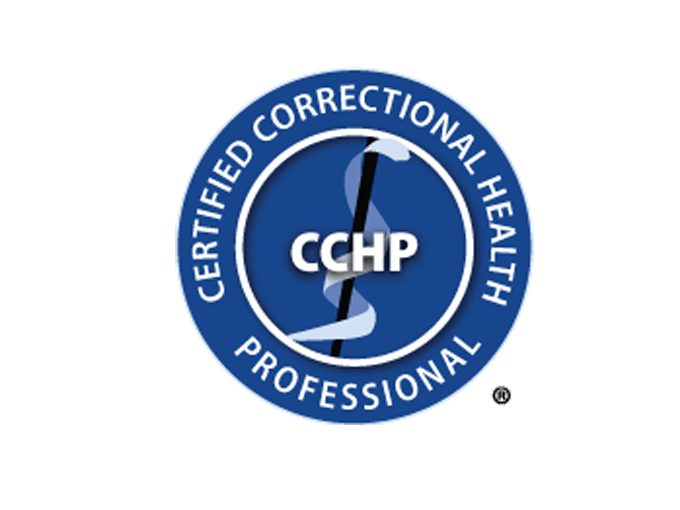
Standards Q&A: 75% Custody Health Training Requirement
Does the 75% requirement refer to all custody staff or only those working during
Home Move from Crisis to Confidence
Jails across the country face many similar problems. Inexperienced or limited staff, lack of funding, lack of resources, and a population with chronic undertreated medical conditions and mental health problems, including substance use. When a jail is ill-prepared, avoidable medical catastrophes, even deaths, can occur.
Consider these four elements to move from crisis to confidence: assessment, education, certification, and accreditation.
Assessment
When assessing your system, an objective third party can provide an unbiased assessment. With that in hand, your team can develop a proactive approach and set the stage to meet your desired outcomes.
Education
Correctional health care includes not just clinical staff, but also custody. Correctional officers are with the inmate population 24 hours a day. They are the eyes and ears of your facility. With proper training and preparedness, they recognize changes in inmate’s demeanor, health, and mental stability before anyone else. Why limit them to the standard basic annual training requirements? Why not offer them more? Offering opportunities for specialized training not only increases quality of care, but also serves as a morale-boosting benefit to the staff.
Certification
Certification can help your staff develop professionally. If they are not already, allow them to become involved in a professional correctional program or the Certified Correctional Health Professional Certification. These professional development opportunities provide motivated staff with recognition and invaluable expertise.
Accreditation
Throughout the years, more than a few sheriffs have said that they follow national standards, but they do not pursue accreditation. When this happens, it is all too easy to “skip” one here and “fudge” one here. Often, this means corners are cut and good outcomes turn bad very quickly. Accreditation offers assurance and structure both internally and publicly that a facility holds itself to high standards of care.
A reactive approach is always more expensive than being proactive. Those who choose to react after a bad outcome, and the inevitable lawsuit that follows, will spend more money on the back end than the cost of a proactive approach on the front. Don’t believe it? Google “jails sued.” In about 0.55 seconds, your search will result in over 27,400,000 headlines.
Not sure where to start?
Learn more about NCCHC Resources.


